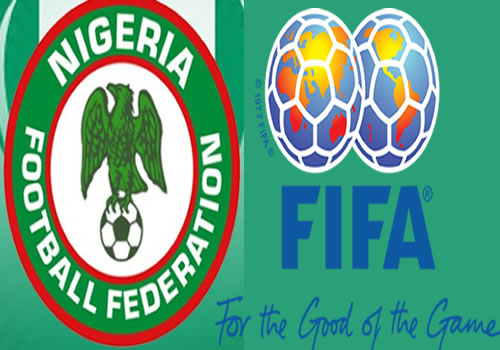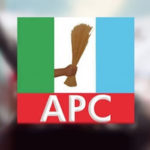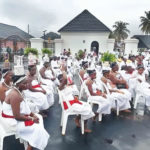It is quite obvious that the government’s panic measures are aimed at averting a looming FIFA ban. The world football governing body had threatened to impose a ban on Nigeria if the NFF crisis was not quickly resolved and Amaju Pinnick reinstated as president. FIFA’s reaction was in response to a statement purportedly issued at the behest of the Minister of Sports, Mr. Solomon Dalung, directing the NFF to comply with certain court orders effecting a change of leadership in the federation. To be sure, there are valid questions regarding FIFA’s modus operandi, particularly in relation to the sovereignty of nations. Ideally, the judgments of a court ought to be binding on any organisation within its jurisdiction, and it is quite unfortunate that FIFA is run almost like an extralegal entity. In this connection, it is fair to note that over the years, many eminent individuals across the world have taken issues with the way the organisation is run, and with the alleged acts of massive corruption by its top echelon. Unfortunately, however, such qualms are quite irrelevant to the present point.
The fact is that up till this moment, FIFA remains resolutely committed to its credo of zero government interference, and it is subject only to the legal institutions by which it has chosen to run its affairs. It has, time and again, made it clear that its activities are not subject to any local court, and that the Court of Sports Arbitration in Switzerland remains the highest body in determining matters relating to football. Therefore, unless and until member associations come together and change the rules to allow the governments of member states to have a say in their management, only those recognised by FIFA as presidents of affiliate associations will run football in their respective domains.
At the time it gave the order asking Giwa to take over the Glass House, the government knew that it was not binding on FIFA. It also ignored the fact that the Giwa faction of the NFF had in fact explored all the recognised avenues for redress in football, including taking their case to the Court of Sports Arbitration, and lost. In recognising Pinnick as the NFF president, FIFA had merely upheld the decision of the Court of Arbitration and recognised the board led by him. It had also imposed a ban on members of the Giwa faction. Should FIFA carry out its threat, the immediate casualties of its action would be the Falconets who are scheduled to participate in the Under-20 Female World Cup this month. The final phases of the AFCON qualifiers for the Super Eagles scheduled for August/September, 2018 would come to grief, while the Super Falcons would be unable to defend their African Women Championship (AWC) title in Ghana, in December this year. In addition, no Nigerian club side would be allowed to participate in continental championships, and neither would any Nigerian player be sold or transferred to any club anywhere in the world.
Indeed, at the same time that the govenment was affirming Giwa’s NFF presidency, FIFA was busy giving big roles to Pinnick at the World Cup tournament held in Russia. The Confederation of African Football (CAF) first vice-president was handed the role of match commissioner for the semi-final clash between France and Belgium held in Saint Petersburg. He had previously served as match commissioner for the quarter-final clash between France and Uruguay, a clear vindication of his NFF leadership. The foregoing is, of course, not to suggest that the FIFA-recognised NFF president has been blameless in the current crisis. He has chosen to enter appearences in court in response to the suits instituted by Giwa, even while fully aware that their judgments would not be recognised by FIFA. What did he hope to gain from court cases when he is the FIFA-recognised NFF president? No FIFA-recognised NFF president needs to struggle with anyone over the occupation of the Glass House, since the football governing body would readily recognise any offfice that he or she chooses as the football headquarters in the country. It is illogical and unfair to be part of a judicial process and yet fail to accept its outcome.
Football administrators in the country must learn to play by the rules at all times. They either abide by FIFA’s rules or opt out of the organisation and set up their own parallel body, in which case they would be prepared to suffer the consequences of severing ties with it. The current NFF crisis is one too many. It should be resolved without delay. The future of Nigerian footballers should not be put in jeopardy.






